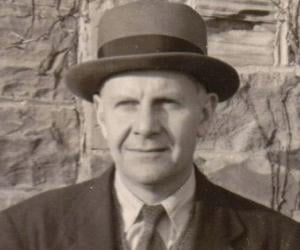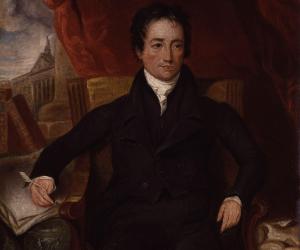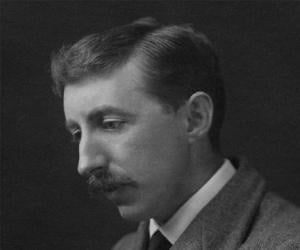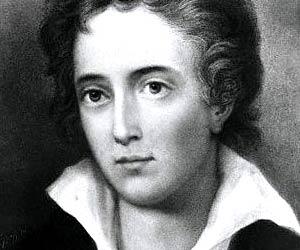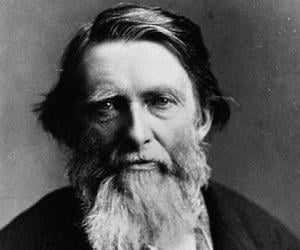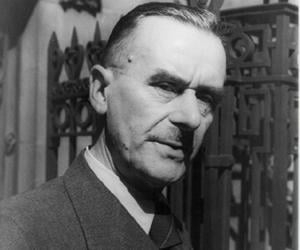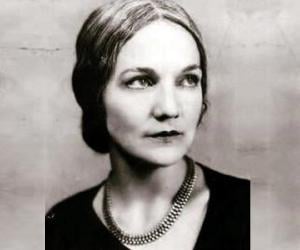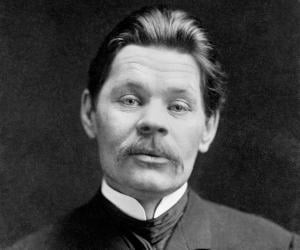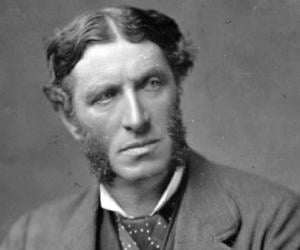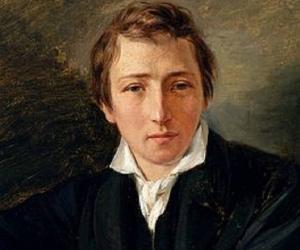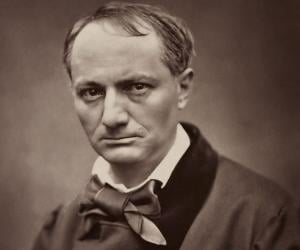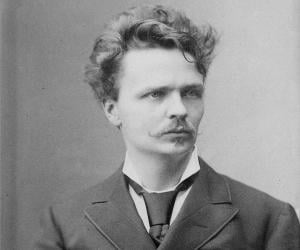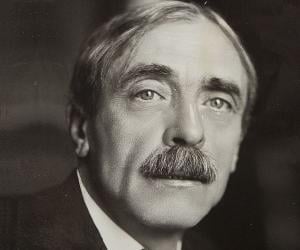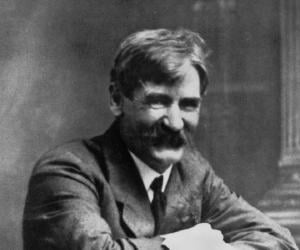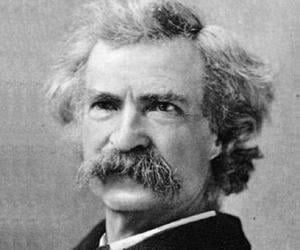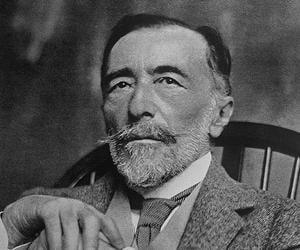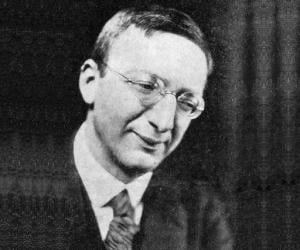Renowned British essayist Charles Lamb was a major figure of the Romantic period. He is best remembered for his Essays of Elia and his book of abridged versions of Shakespeare’s plays, Tales from Shakespeare, which he co-wrote with his sister, Mary. He had also once spent time in a mental facility.
Best known for his iconic novels Howard’s End and A Passage to India, British author E. M. Forster dealt with themes such as class division and gender. Born in England and educated at Cambridge, he had also spent some time as a secretary to Maharaja Tukojirao III of India.
Walt Whitman was an American poet, journalist, and essayist. Also a humanist, Whitman played a crucial role in the shift between transcendentalism and realism. Often referred to as the father of free verse, Whitman is one of the most influential American poets of all time. Several decades after his death, Walt Whitman's poetry remains influential.
The leading English art critic of the Victorian era, John Ruskin was a hugely influential figure in the latter half of the 19th century. Also a philosopher and prominent social thinker, he wrote on varied subjects like geology, architecture, education, botany, myth, ornithology, literature, and political economy. He founded the charitable trust Guild of St George.
Maxim Gorky was a writer and political activist. He is best remembered for founding the socialist realism literary method. Gorky, who was nominated for the prestigious Nobel Prize in Literature on five occasions, published several novels that were later adapted into plays, films, and operas. In 1938, Valery Zhelobinsky adapted Gorky's novel Mother into an opera.
Iconic Victorian poet and literary critic Matthew Arnold is best remembered for his classic essay Culture and Anarchy, which was a social critique of the Victorian era. He also penned poems such as Dover Beach and Sohrab and Rustum. He had also been a school inspector for over 3 decades.
Heinrich Heine was a German poet, literary critic, and writer. He is known internationally for his lyric poetry, which was popularized by composers like Franz Schubert and Robert Schumann who adapted Heine's lyric poetry into art songs. Heinrich Heine's radical political views forced the German authorities to ban his works, which only added to his popularity.
August Strindberg was a Swedish playwright, painter, essayist, novelist, and poet. He wrote over 30 works of fiction and more than 60 plays in an illustrious career that spanned 40 years. Widely regarded as the father of modern Swedish literature, Strindberg is best remembered for his work The Red Room, which is considered the first modern Swedish novel.
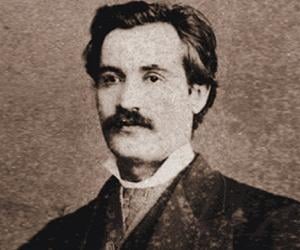
Considered the national poet of Romania, Mihai Eminescu was a major figure of Romanticism in Romanian literature. Starting as an editor for the paper Timpul, he later penned iconic poems such as Luceafărul, or The Evening Star, and stories such as Sărmanul Dionis and Cezara. He, unfortunately, died in a mental asylum.
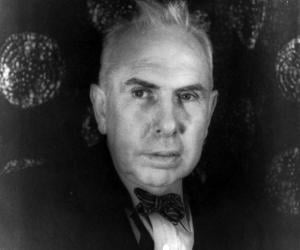
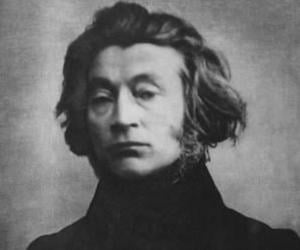
Adam Mickiewicz was a Polish poet, dramatist, essayist, and political activist. He was a major figure in Polish Romanticism and considered one of Poland's "Three Bards." He has long been regarded as Poland's national poet and is often compared to Byron and Goethe. The vast majority of his work is available only in Polish and has been reprinted numerous times.
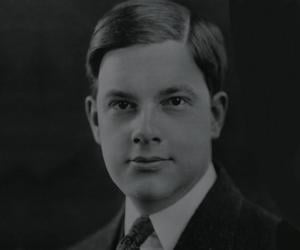
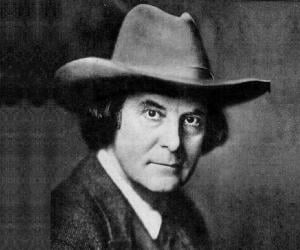
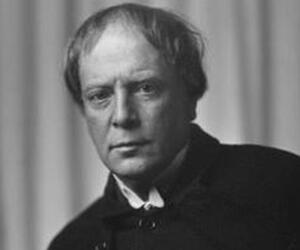
Welsh writer Arthur Machen was a master of science-fiction and horror. He soared to fame with his novella The Great God Pan, which later achieved cult status. However, in spite of his literary fame, he continued to live in poverty, working as a journalist, a clerk, and a teacher.
Paul Valery was a French poet, philosopher, and essayist. Thanks to his immense contribution to literature, Valery received several nominations for the prestigious Nobel Prize in Literature. The title of the 2013 Japanese animated historical drama film The Wind Rises was inspired by one of Paul Valery's verses. Also, his poem Palme inspired James Merrill's celebrated poem, Lost in Translation.
Henry Lawson was an Australian bush poet and writer. Often referred to as Australia's greatest short story writer, Lawson is one of the best-known Australian fiction writers and poets of the colonial period. Also a nationalist, Henry Lawson contributed immensely to a popular Australian magazine named The Bulletin. In 1949, he was featured in an Australian postage stamp.
Mark Twain, “the father of American literature,” was one of the world’s greatest 19-th century humorists and authors. His novels The Adventures of Tom Sawyer and the Adventures of Huckleberry Finn were drawn from his childhood experiences in Missouri. In his later life, he sunk into bankruptcy and also recovered.

Born to Stuckey's Bank MD Walter Bagehot was initially part of his father’s shipping and banking business. He later became the editor-in-chief of The Economist and married the publication’s founder James Wilson’s daughter. He penned path-breaking works such as Lombard Street and The English Constitution and co-established National Review.
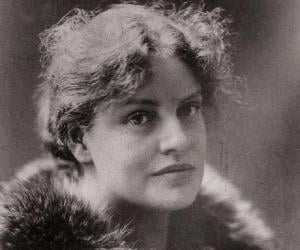
Russian-born German author Lou Andreas-Salomé apparently rejected renowned philosopher Friedrich Nietzsche’s marriage proposal and then married a professor instead. A skilled psychoanalyst, she was also close to Rainer Maria Rilke and Sigmund Freud. She was one of the first to offer a psychoanalytic perspective to female sexuality.
Joseph Conrad was a Polish-British writer. Considered one of the greatest English-language novelists of all time, Conrad is credited with bringing a non-English sensibility into English-language literature. Many of his works have inspired several films, TV series, and video games. His anti-heroic characters and narrative style have influenced many authors like Salman Rushdie, F. Scott Fitzgerald, and T. S. Eliot.
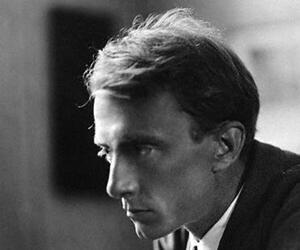
Educated at Oxford, poet Edward Thomas spent a considerable time working rather reluctantly as a journalist and penning nature studies and critiques of 19th-century authors. An encounter with Robert Frost inspired him to write poems. He was killed in action in Arras, France, during World War I.
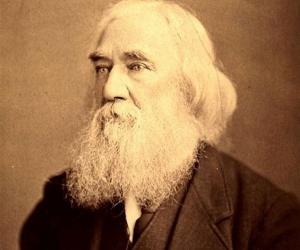
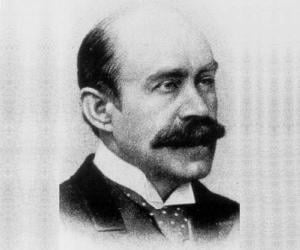
Nineteenth-century critic and essayist Walter Pater redefined aestheticism with his idea of "art for art’s sake." Though initially interested in a church career, he later studied classics and began writing reviews on Renaissance art. Marius the Epicurean remains his most notable work. Some of his works reveal his homosexuality.
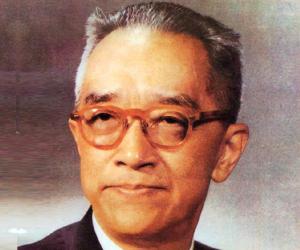
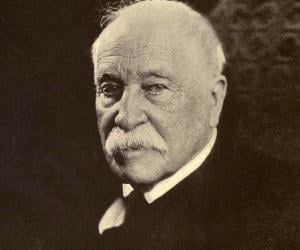
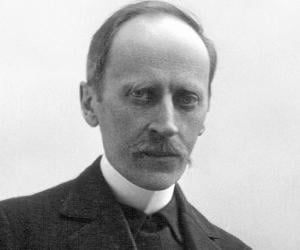
Romain Rolland was a French novelist, essayist, dramatist, mystic, and art historian. In 1915, Rolland was honored with the prestigious Nobel Prize for Literature. One of the most important supporters of Josef Stalin, Rolland is also remembered for his significant influence on Austrian neurologist Sigmund Freud.
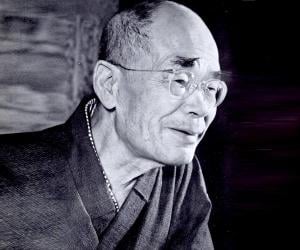
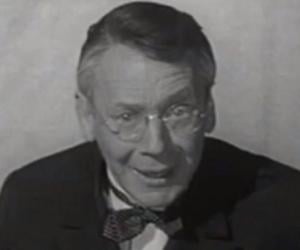
Initially aspiring to be a lawyer, Austrian writer Karl Kraus later deviated to philosophy and German literature before quitting studies altogether. He had also been a stage performer but later made his mark as one of the finest aphorists and playwrights in German history, with works such as Nights.
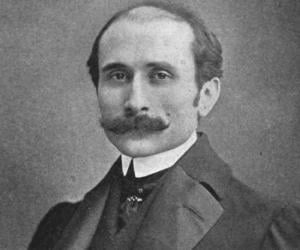

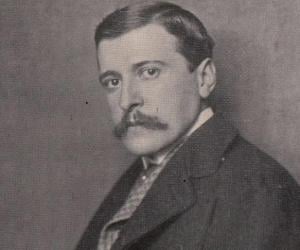
Known for his lyrical poetry and plays, Austrian author Hugo von Hofmannsthal had initially studied law and philology but later devoted his life to writing. His collaborative works with composer Richard Strauss included libretti for many of his operas, such as The Cavalier of the Rose and Arabella.
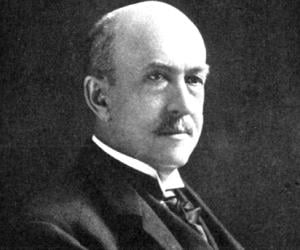
William Graham Sumner was an American social scientist who held America's first professorship in sociology; he served as a professor of social sciences at Yale. Sumner, who wrote several essays and books on American history, political theory, sociology, and economic history, was one of the most popular and influential teachers at Yale. He also had an influence on American conservatism.
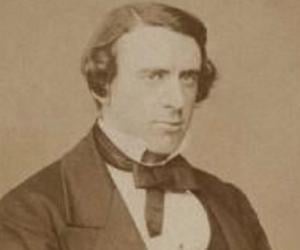
Sir Leslie Stephen was an English historian, biographer, author, critic, and mountaineer. Leslie Stephen also took an active part in the organized humanist movement, serving as the president of the West London Ethical Society on multiple occasions. He was the father of famous author, Virginia Woolf, and painter, Vanessa Bell.
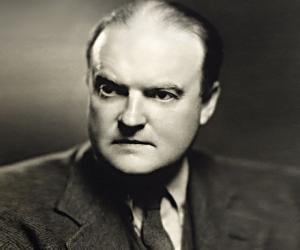
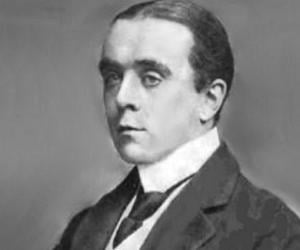
Renowned caricaturist and essayist Max Beerbohm was the younger half-sibling of popular stage actor Herbert Beerbohm Tree. The Oxford alumnus succeeded George Bernard Shaw as a drama critic of the Saturday Review. Zuleika Dobson remains his only novel. He had been a radio broadcaster, too. Rumors claimed he was homosexual.
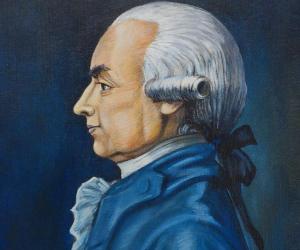
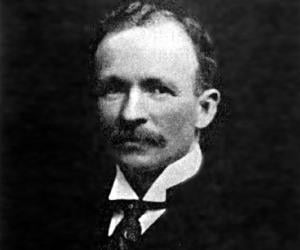
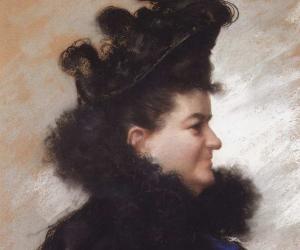
Spanish countess and novelist Emilia Pardo Bazán had initially gained fame with the essay The Critical Issue. She was an advocate of naturalism and free will. Known for novels such as The House of Ulloa, she also taught Romance literature and was divorced by her husband because of her literary success.
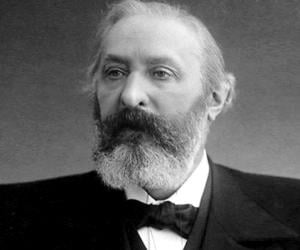

Alfred Doblin was a German novelist, essayist, and doctor. He is considered one of the most important figures of German literary modernism. A prolific writer with a career spanning more than half a century, he wrote novels, dramas, screenplays, and radio plays across a range of genres. Despite the popularity he once enjoyed, he is believed to be under-recognized.
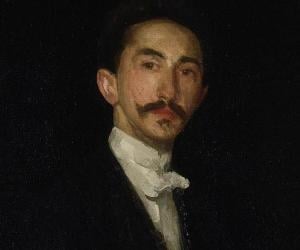
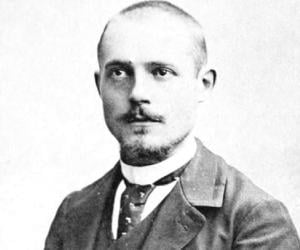
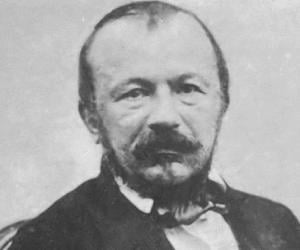
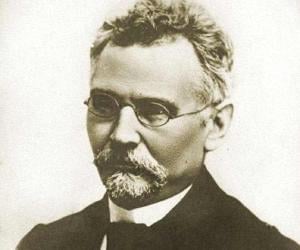
Orphaned at age 9, Bolesław Prus had a tough childhood. He later participated in the January Insurrection and then became a successful journalist. A talented author of short stories, such as The Waistcoat, and novels, such as The Doll, he was part of the Polish positivist literary movement.
